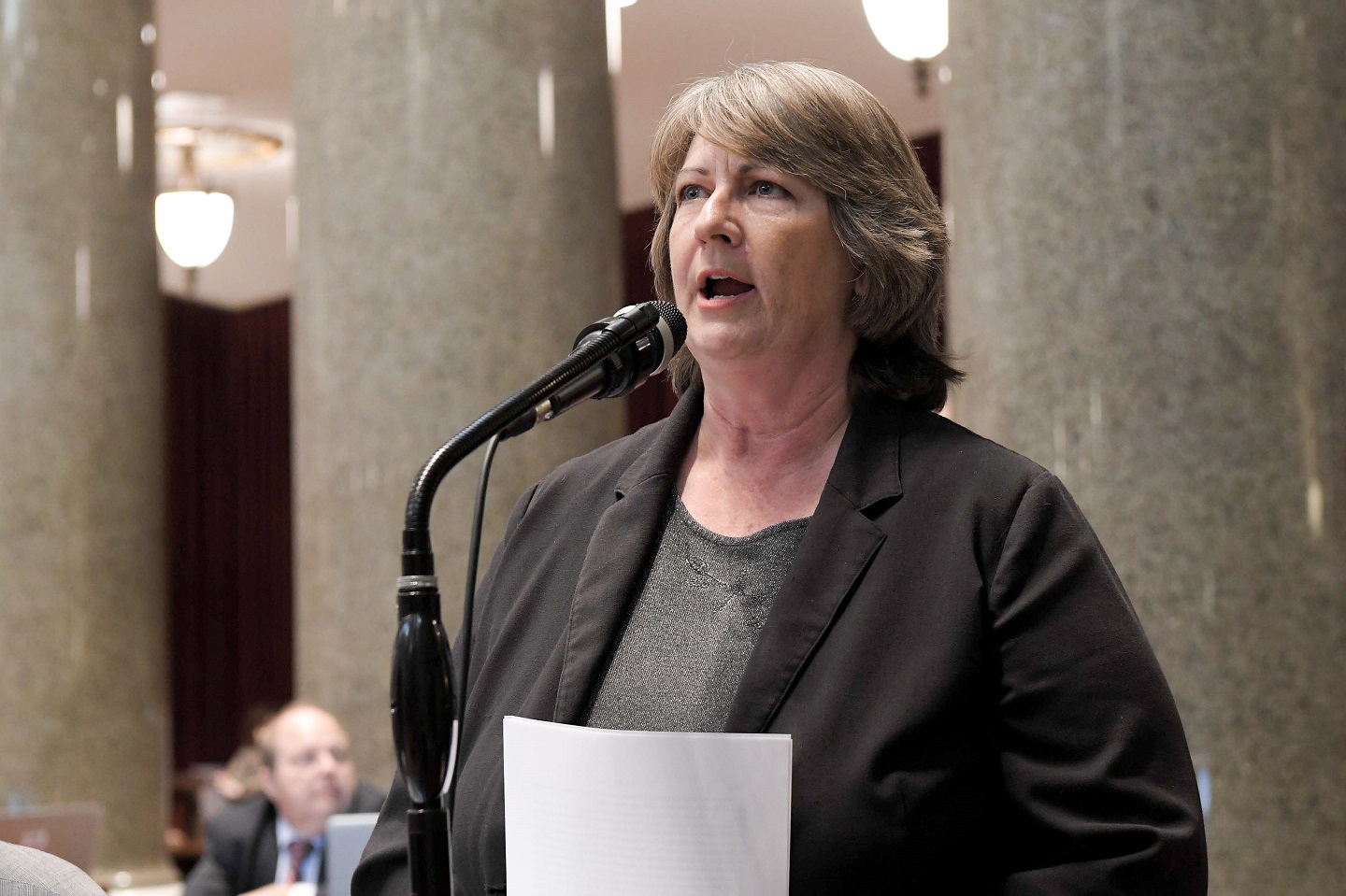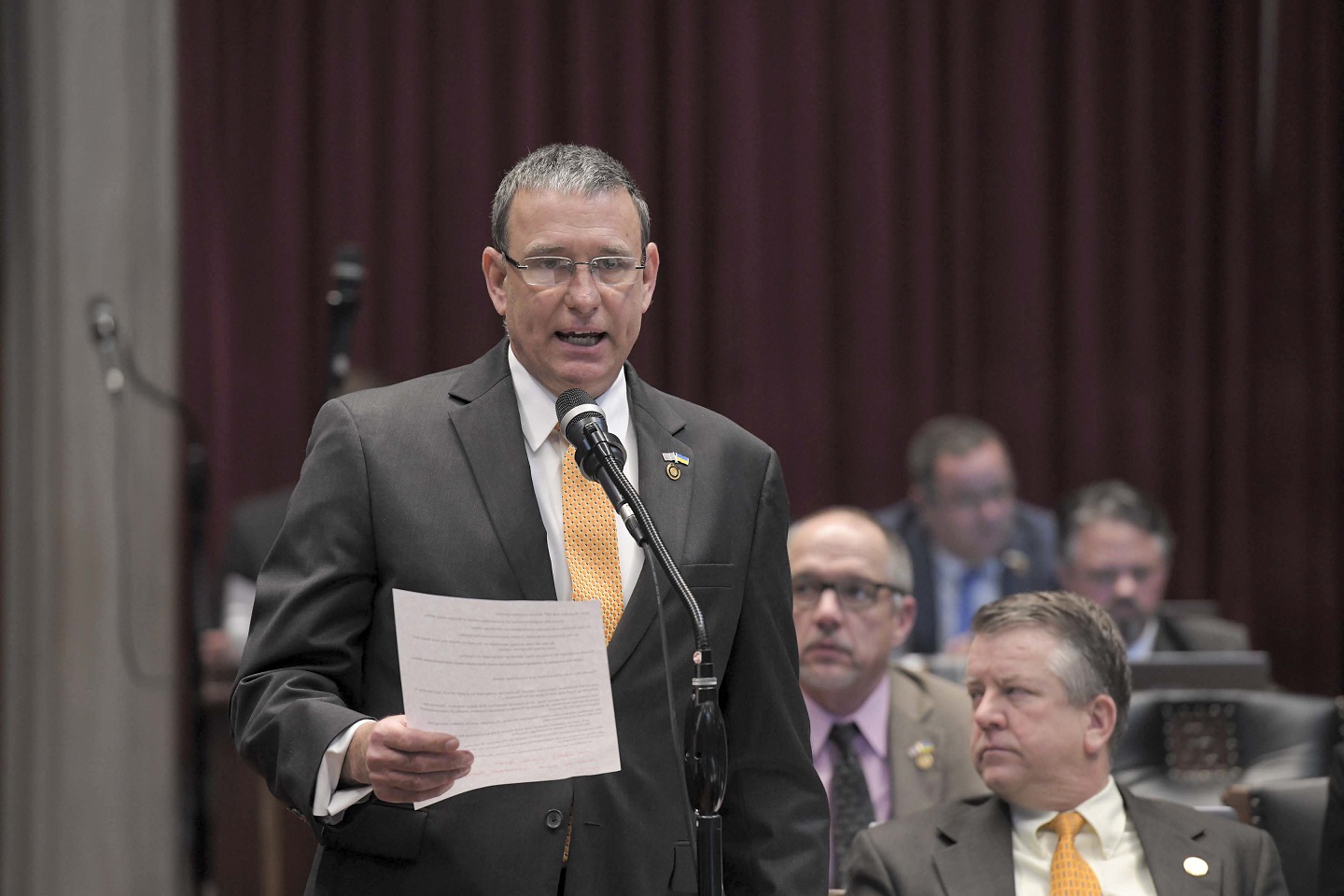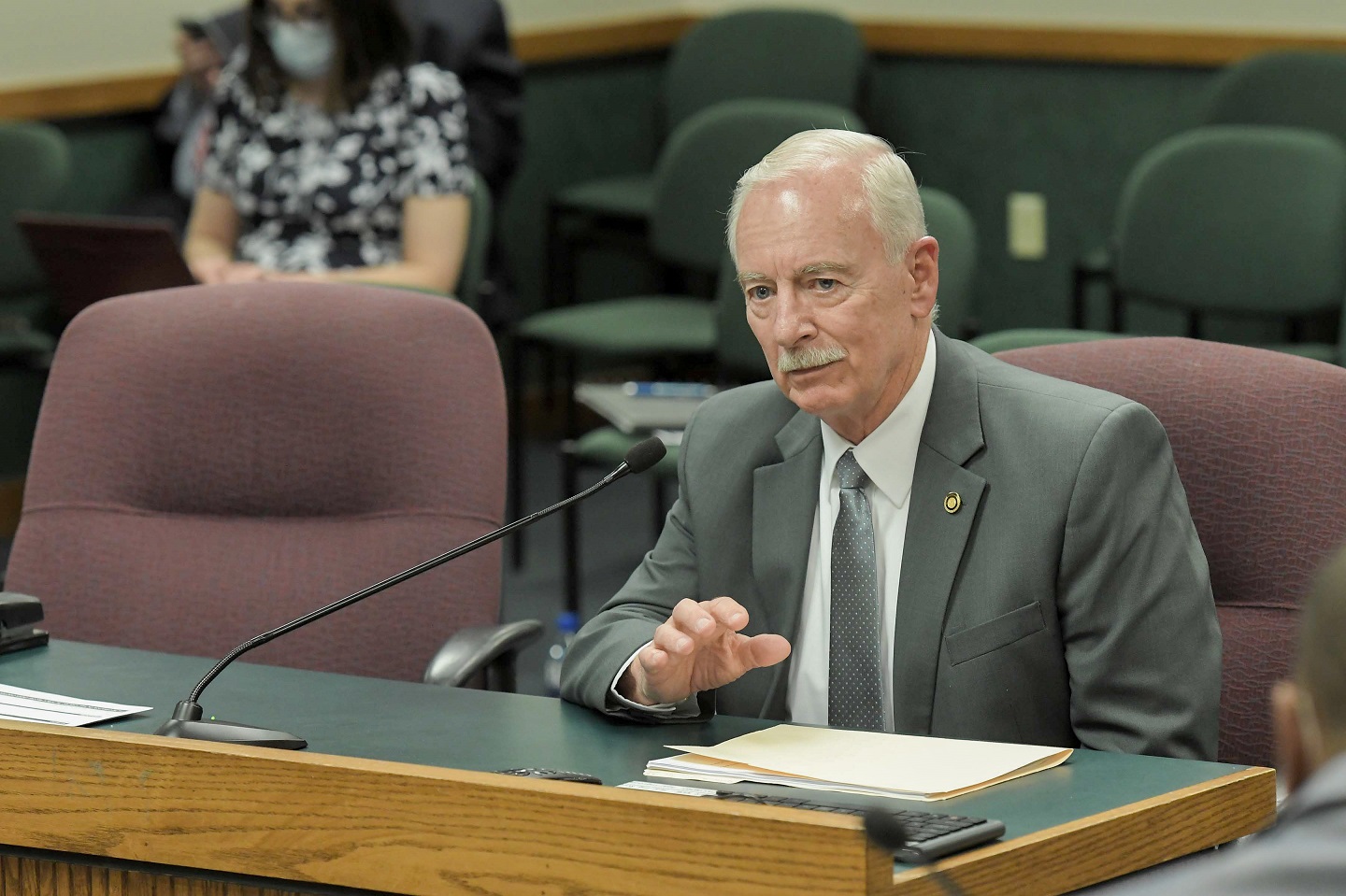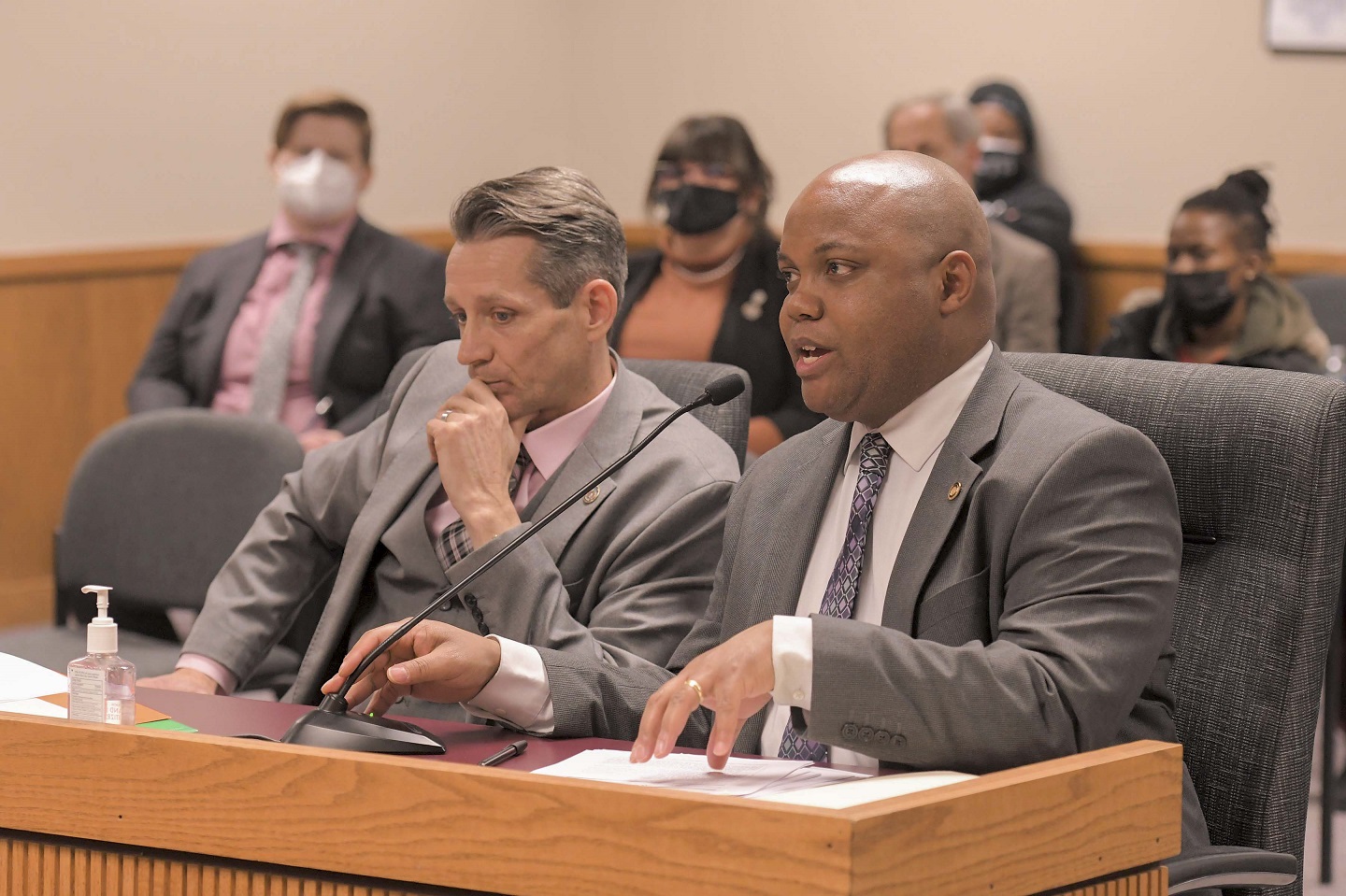A proposed new tax credit would give a boost to community-based drug treatment programs throughout the state. The plan’s sponsor says these programs do a lot of good and give back to their communities but some are facing financial challenges and she wants to see them get more support.

Under House Bill 2527 a taxpayer who makes a donation to a faith-based organization, peer- or community-based organization, or recovery or community center or outreach that offers addiction recovery services could claim a tax credit for an amount equal to half of that donation. Up to $2.5-million in tax credits could be awarded in one year, subject to the legislature appropriating the money for them.
Sponsor Cheri Toalson Reisch (R-Hallsville) says she has such rehab organizations in her district and she’s seen how they benefit individuals and the overall community.
“I have Primrose Hill, which is part of Team Challenge, in my district. It helps women with babies and children to get over addictions. I also have In2Action that helps people with addiction and recovery and felons coming out of prison,” said Toalson Reisch. “If you’d have heard the testimony [from program participants] from a year ago, I was bawling my eyes out. This is that important to people.”
Toalson Reisch said some of these programs are struggling, and others are looking to expand. She said in either case, this legislation could give them the help they need and thereby help more Missourians.
Mission Gate Prison Ministry works with more than 300 men, women, and families each hear. Program Director Stephen Hunt told the House Committee on Ways and Means this bill would encourage more contributions to his organization.
“We support this bill because two-thirds of our annual budget is funded by private donations,” said Hunt.
Stan Archie, the Clinical Director of Footprints, Inc. in Kansas City said this bill would also give every Missourian the chance to be a part of someone’s recovery.
David Stoecker, Executive Director of the Springfield Recovery Community Center, told lawmakers these recovery programs save the state money.
Toalson Reisch filed this proposal last year but late in the session, so it only cleared one committee. With it getting traction earlier this year she is optimistic it can become law. The Ways and Means committee approved HB 2527, sending it on to another committee.
She proposes that these tax credits be offered for six years, at which time they would expire unless renewed by the legislature.







